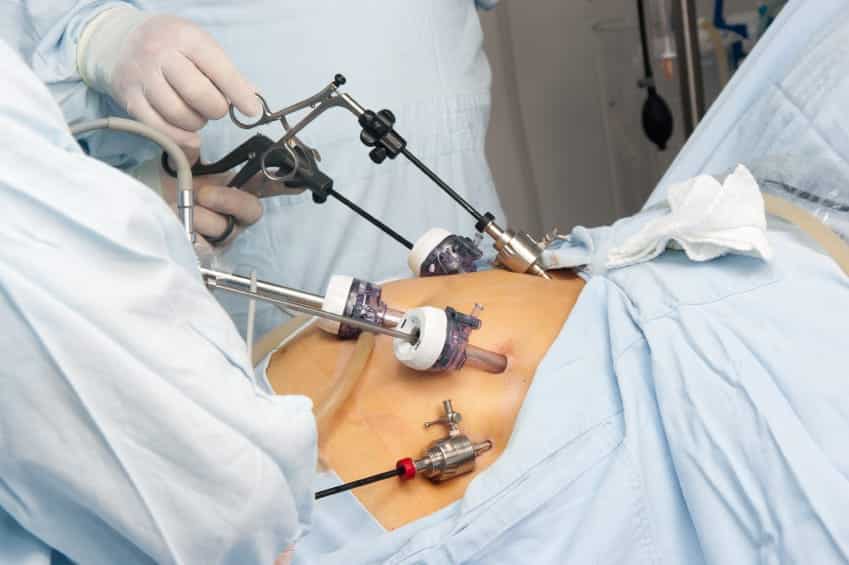The findings showed that patients who received the treatment lost on average 4.4 kg and experienced no side effects.

Picture: iStock
A new small-scale study has found that an injection could be effective in helping patients with obesity lose weight in just four weeks, and provide another alternative to gastric bypass surgery.
Carried out by researchers at Imperial College London in collaboration with the University of Copenhagen and University College Dublin, the new trial set out to investigate if a hormone treatment, which is slowly infused under the skin, could promote weight loss and improve blood sugar levels in patients with diabetes and those at risk of developing the condition.
The treatment was developed based on previous research by Imperial College London, which found that three hormones which originate in the bowels, glucagon-like peptide-1 (GLP-1), oxyntomodulin, and peptide, may be responsible for weight loss during gastric bypass surgery.
The researchers wanted to see if combining these hormones into the injectable mixture (called GOP for short) could mimic the high levels of the hormones seen after surgery in order to reduce appetite, increase weight loss, and reduce high glucose levels.

Picture: iStock
Although gastric bypass surgery is a common and effective type of weight loss surgery, the procedure can cause problems such as abdominal pain, chronic nausea, vomiting, and low blood sugar levels.
The researchers selected 26 obese patients who had either diabetes or prediabetes, which is when blood glucose is too high but not high enough to be classified as diabetes, and randomly selected 15 patients to receive the hormone treatment over a four-week period along with advice on healthy eating and weight loss from a dietician.
The GOP treatment was slowly injected under the skin for 12 hours a day, beginning one hour before breakfast and finishing after a patient’s last meal of the day.
The remaining 11 patients were given a saline (salt water) infusion as a placebo over a four-week period.
The team also recruited 21 patients who had undergone bariatric surgery and 22 patients who followed a very low-calorie diet to compare the results of GOP solution.
The findings showed that patients who received the GOP treatment lost on average 4.4 kg, compared with 2.5 kg for participants receiving the placebo, and experienced no side effects.

Gastric bypass surgery. Picture: iStock
However, patients who had received bariatric surgery or who followed a very low calorie diet lost significantly more weight, 10.3 kg for bariatric patients and 8.3 kg for patients on the diet, than those who received the GOP treatment.
Patients who received the GOP treatment also showed substantial improvements to their blood glucose, with some patients’ levels reduced to near-normal levels.
Although those who received bariatric surgery also showed an overall improvement in blood glucose, the levels were much more variable, which left them vulnerable to low blood glucose levels.
“Although the weight loss was smaller, using the GOP infusion would be preferable as it has fewer side effects than bariatric surgery,” said lead author Professor Tricia Tan.
“This result shows that it is possible to obtain some of the benefits of a gastric bypass operation without undergoing the surgery itself. If further trials are successful, in future we could potentially give this type of treatment to many more patients.”
For more news your way, download The Citizen’s app for iOS and Android.
Download our app




